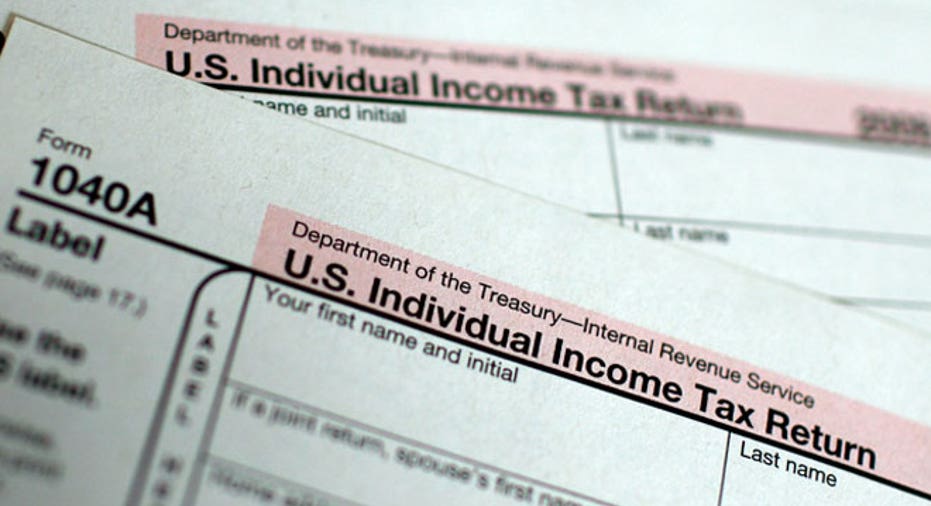5 New Year's Resolutions to Save on Taxes

Another year has rolled in and it's time to make those ever-challenging New Year's resolutions. Sometimes resolutions can be hard to keep. But when money is at stake, I bet the odds of compliance increase. Here are some New Year’s resolutions that are worth keeping in order to keep your money in your pocket, rather than in Uncle Sam’s:
1. Pack away 2014. This one is easy. Take all those receipts, stuff them in an envelope or in file folders or place in a plastic tub marked 2014 and shove it in the shed. I suggest going through the receipts first. Some that don’t need to be around for legal or tax reasons can be discarded. If there is a tax purpose, create a file for 2014 Income Taxes and place the receipts in this file. Later in the month you can add your W2, 1099s, K-1s and other important tax documents that arrive in the mail for preparation of your 2014 Income tax return. Also set up files for 2015 for bank account statements, credit card statements and general categories that you want to track. During the year, file away receipts and other documents as they come in in order to enjoy an orderly and easily accessible financial life.
2. Make a 2015 Tax File. It’s never too early to prepare for 2015 income taxes. In fact, you will be glad you did. Throughout the year you can slide receipts for medical expenses, property tax payments, vehicle registration fees, and other tax data into the file. It is especially critical to keep copies of acknowledgement letters from nonprofit organizations for charitable contributions made. This has been a major audit point for the IRS the past several years. Copies of cancelled checks and credit card receipts are not enough. By inserting tax documentation as you go during the year, you cut down on the angst and stress of preparing your data for the tax return. Almost all of the work has been done; the data has been pre-assesmbled and you can just pick up the file and head out to your tax appointment come tax time.
3. Set up QuickBooks. If your personal tax situation is complex, for example, you own one or more rental properties and you itemize deductions, it might be prudent to set up your tracking on accounting software. Bill paying, tracking, checkbook reconciliation are facilitated as well. Plus, you can generate financial reports that summarize income and expenses for each rental property. And you can view financial statements that disclose household spending. This is great for creating future budgets and for discovering where all that money went.
4. Tax Planning. In this day and age with the complexity of tax law, it is important to stay ahead of the game. This involves a midyear sit down with your tax professional to review the current year and set up a game plan to minimize your tax hit. This is especially true if you experience any significant changes in finances: divorce, marriage, buying and selling real estate, cashing out stock, IRA withdrawals, changing jobs, losing a dependent, losing a job. Don’t let the following April 15 slap you in the face. When you see your tax pro this season set up a post season appointment for planning.
5. Make your Estimated Tax Payments. Almost everyone with a tax liability who does not receive a W2 at year end is a candidate for estimated tax payments. This includes those who are self-employed or who make their living from investments. Your tax pro will set you up with quarterly vouchers to prepay your current year tax liability. Estimated tax payments are required if your federal liability is greater than $1,000. You may also have a requirement at the state level as well. Check with your state taxing agency or tax pro to determine if you do. It can be easy to blow off paying the estimates when other things like a new car or a vacation beckon. However, you can be penalized for not prepaying your liability and you may end up in tax trouble if you cannot come up with the total due by April 15. It might be advisable to have a separate “tax savings account,” in which to deposit money for disbursing quarterly to the IRS and the state.
Happy New Year! May your year bring you prosperity and lower tax liabilities!



















